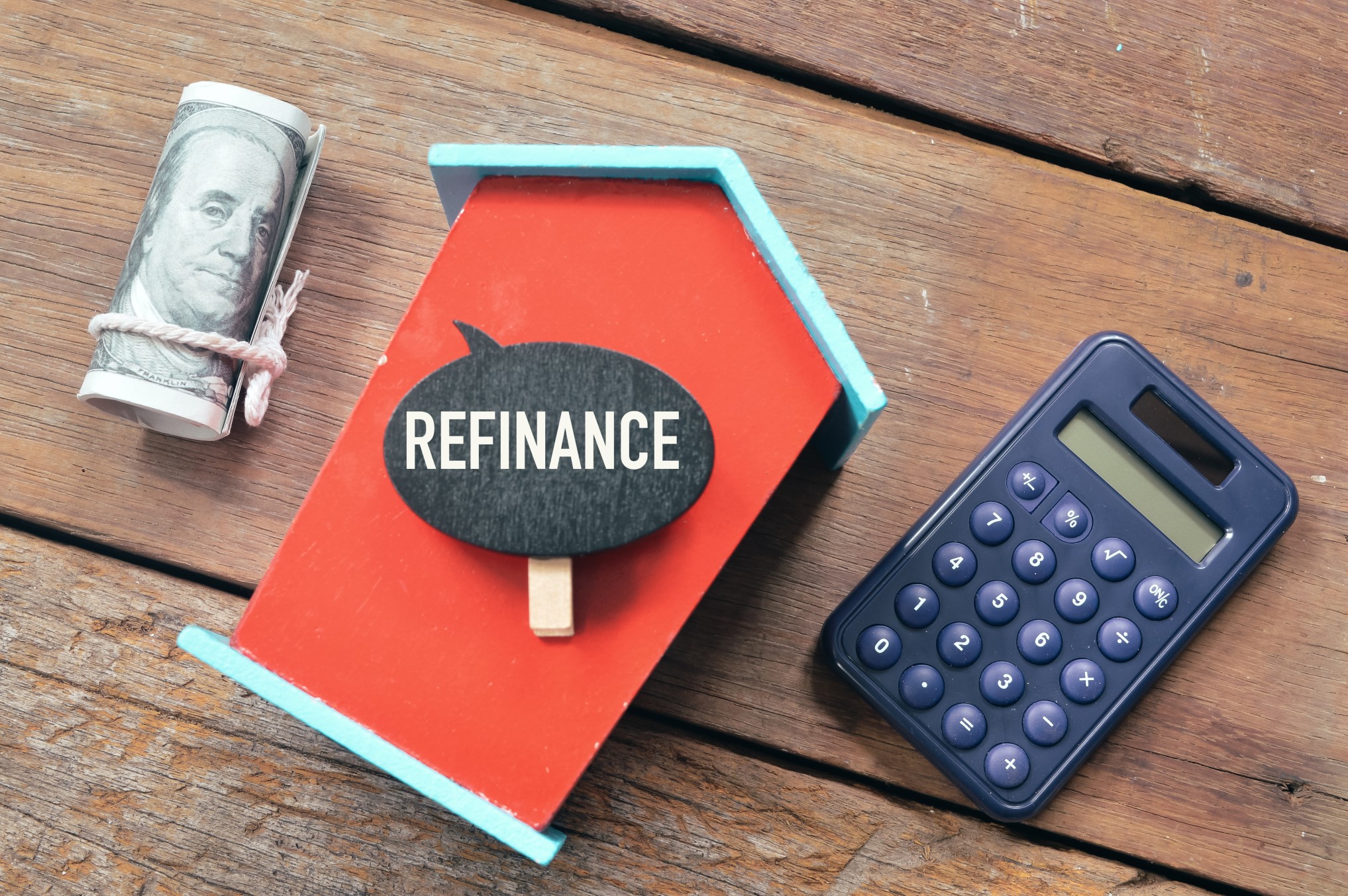Homeowners build a guest house to accommodate out-of-town visitors and family. The new construction project gives them sleeping quarters, a den, a full kitchen, and bathrooms. The right design provides ample space for their guests and gives them plenty of privacy. When financing the project, the homeowner reviews mortgage programs that meet their needs.
Evaluating Your Readiness to Get a Mortgage
When getting a mortgage, the borrower will face several expenses that they should plan ahead for. Taking out a mortgage and paying for the guest home isn’t just a down payment away. They will need to purchase insurance to avoid the loss of their down payment if the title was not transferred to the seller properly.
They will have to pay a commission to a real estate agent if they help the buyer find a home. The buyer will also have to buy homeowner’s insurance, too. By planning ahead, they can generate enough savings to cover these expenses.
What To Expect When Getting a Conventional Mortgage
When getting a conventional mortgage, the borrower must have a credit score of at least 580. The lender must evaluate their debt-to-income ratio and determine if the buyer can afford the project. They consider if the borrower can afford their existing debts, mortgage payments, and the new payments for the guest home.
Down Payment Requirements
When building a second home on the property, the down payment is based on the mortgage available for these construction projects. Since FHA restricts funding to primary homes only, the borrower won’t have access to the loan program for their guest home project. With a conventional mortgage, they must pay at least 20% down for the second property. Borrowers can get more help here from their preferred lender.
Getting Estimates from a Contractor
Homeowners who are planning a guest home construction need estimates from their contractors. The builders create a floor plan for the guest home and present an estimate for the entire property. When borrowing money for the guest home, they must add extra funding for issues that could arise. When building any property, there are instances where the unexpected could happen and increase the total cost of the project.
Insurance and Other Protection for the Home
It is recommended that the property owner get homeowner’s insurance for the guest home. They can save money on the insurance by adding it to an umbrella policy with their coverage for the primary home. They could also consider getting a home warranty to cover vital installations in the guest home such as the electrical, plumbing, and HVAC services. If the property is connected to a swimming pool, the homeowner may want to add coverage for the pool and any appliances inside the new property.
Homeowners consider the increase in value provided by a guest house construction on their property. If they have paid off their existing mortgage, they can get a new conventional mortgage to pay for the construction project. Homeowners find out more about financing a guest house by contacting a lender now.





